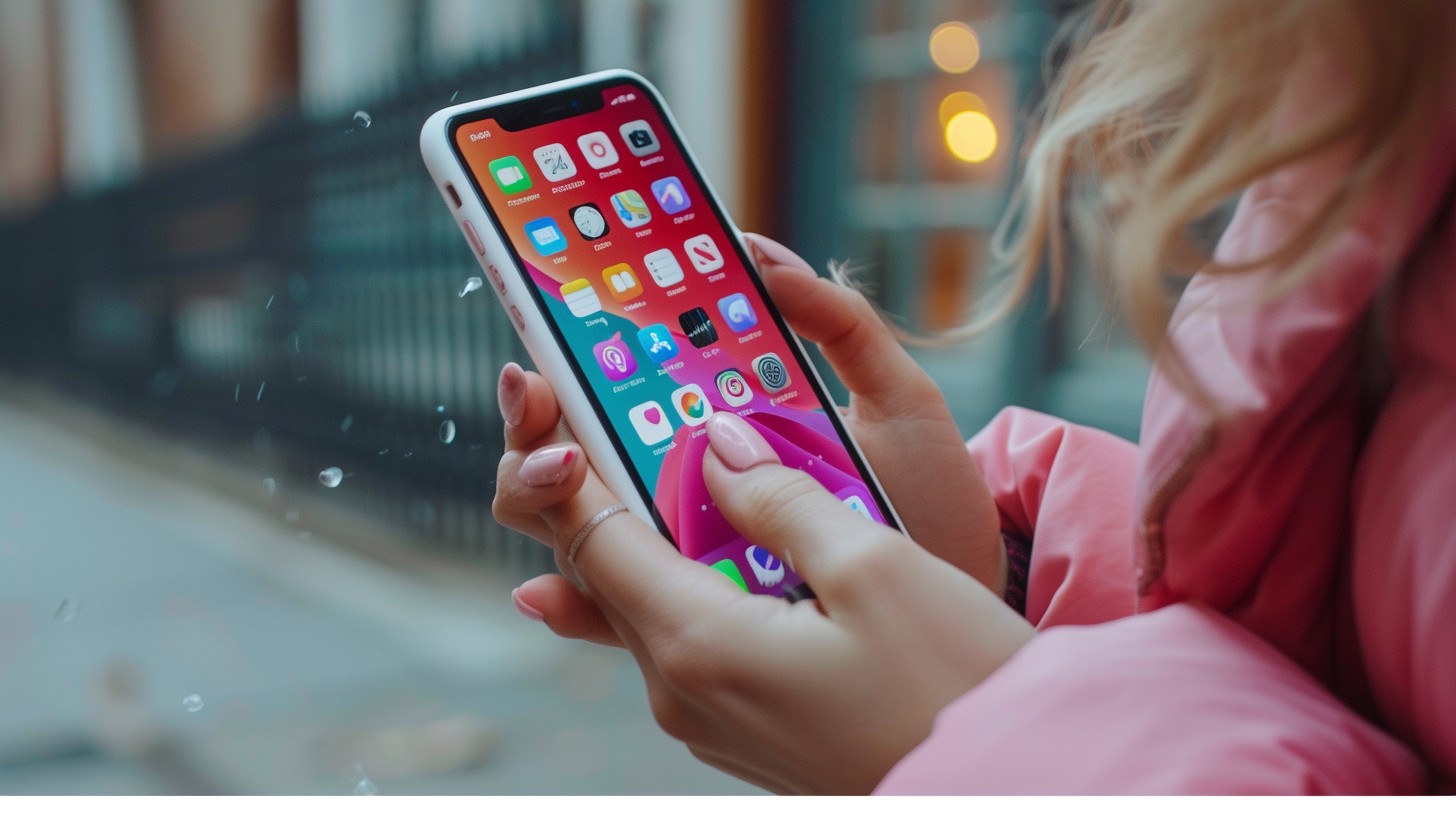Social media has become an integral part of our daily lives, influencing how we connect, communicate, and share information; however, there is a growing concern about the impact of social media on mental health.
Positive Impact
Social support and community building
Social media platforms can foster social support and community building. They serve as a digital extension of real-life relationships, allowing individuals to connect with friends, family, and acquaintances. Social media platforms such as Facebook, Instagram, and X (formerly Twitter) enable the creation of virtual communities based on shared interests, experiences, or challenges. These online communities can provide understanding, encouragement, and empathy.
Access to information and resources
Social media networks serve as a valuable resource for mental health information through awareness campaigns and educational content. This allows individuals to access information about mental health conditions, coping strategies, and appropriate support and treatment options.
Reducing stigma
Social media has played a crucial role in challenging and breaking down the stigma surrounding mental health. People often share their personal stories and experiences with mental health, humanising these issues and allowing others to relate and empathise. These narratives help break down stereotypes and misconceptions, fostering a more compassionate and understanding attitude towards mental health challenges.
Negative Aspects
Cyberbullying and online harassment
While social media connects people, it also exposes individuals to cyberbullying and online harassment. Users can create accounts with fake names or remain anonymous, which emboldens individuals to engage in cyberbullying without fear of consequences. Many social media interactions are public, allowing cyberbullies to target individuals in a highly visible manner. This can lead to the rapid spread of negative content and increased emotional distress for the victim, contributing to anxiety, depression, and even suicidal ideation.
Social comparison and self-esteem
Social media often encourages users to showcase their lives, achievements, and successes. As users share curated content, social comparison can emerge, with individuals measuring their own lives against the seemingly idealised lives of others. This constant comparison can contribute to feelings of inadequacy, low self-esteem, and even the development of mental health disorders, such as body dysmorphia and eating disorders.
Fear of missing out (FOMO)
Social media provides real-time updates on the activities and events in the lives of friends, family, and acquaintances. Continuous exposure to such updates can lead to “Fear of Missing Out” (FOMO), where individuals feel anxious or left out if they perceive that others are enjoying experiences without them. FOMO can contribute to feelings of isolation and negatively impact mental well-being.
Social isolation and reduced face-to-face interactions
Paradoxically, while social media connects individuals virtually, it can contribute to real-life social isolation. Social media platforms encourage the accumulation of many connections or followers. However, these connections can be superficial, where quantity replaces quality, leading to a sense of isolation despite a high number of online connections.
The convenience of online communication may also lead to a decrease in face-to-face interactions. Some individuals may experience social anxiety, and the pressure to present a curated version of themselves can exacerbate these feelings, resulting in a tendency to avoid face-to-face interactions and contribute to social isolation. Social isolation is a known risk factor for various mental health issues, including depression and anxiety.
Strategies to Prevent the Negative Influences of Social Media
Mindful Consumption
Users must be mindful of their social media consumption, keeping in mind that content on social media is curated. Attention should be paid to how one feels when using social media, and if negative emotions or comparisons arise, it may help to examine why these feelings occur. Unfollowing or muting accounts that contribute to negativity or are not aligned with one’s interests, as well as setting limits on time spent online, can help reduce the negative impact on mental health.
Digital Literacy
Promoting digital literacy by creating awareness of the potential pitfalls of social media is important. Educating individuals to recognise and address cyberbullying, misinformation, and unhealthy online behaviour is essential for practising mindful consumption and maintaining a realistic perspective to protect mental health.
Positive Content Creation
Social media users should be mindful of what they share and how it could affect others. Fostering an environment where individuals feel comfortable sharing their real experiences can counteract the negative effects of social comparison. Therefore, users should be encouraged to create and share positive, authentic content.
Community Guidelines and Policies
Implementing effective community guidelines and policies is essential for creating a safe and positive environment on social media platforms. Transparent reporting mechanisms and swift action against violators are crucial.
Platforms should invest in tools and resources for proactive content monitoring and moderation. This includes both automated systems and human moderators to promptly address violations, such as cyberbullying, harassment, and the dissemination of harmful content. User-friendly reporting mechanisms allowing individuals to flag inappropriate content or behaviour should also be implemented, ensuring reports are reviewed promptly and feedback is provided.
Promoting Offline Connections
Emphasising the importance of offline connections and face-to-face interactions can help counter the negative effects of social isolation. Educating users about the benefits of real-world relationships and encouraging individuals to prioritise these relationships can mitigate the mental health impact associated with social isolation.










